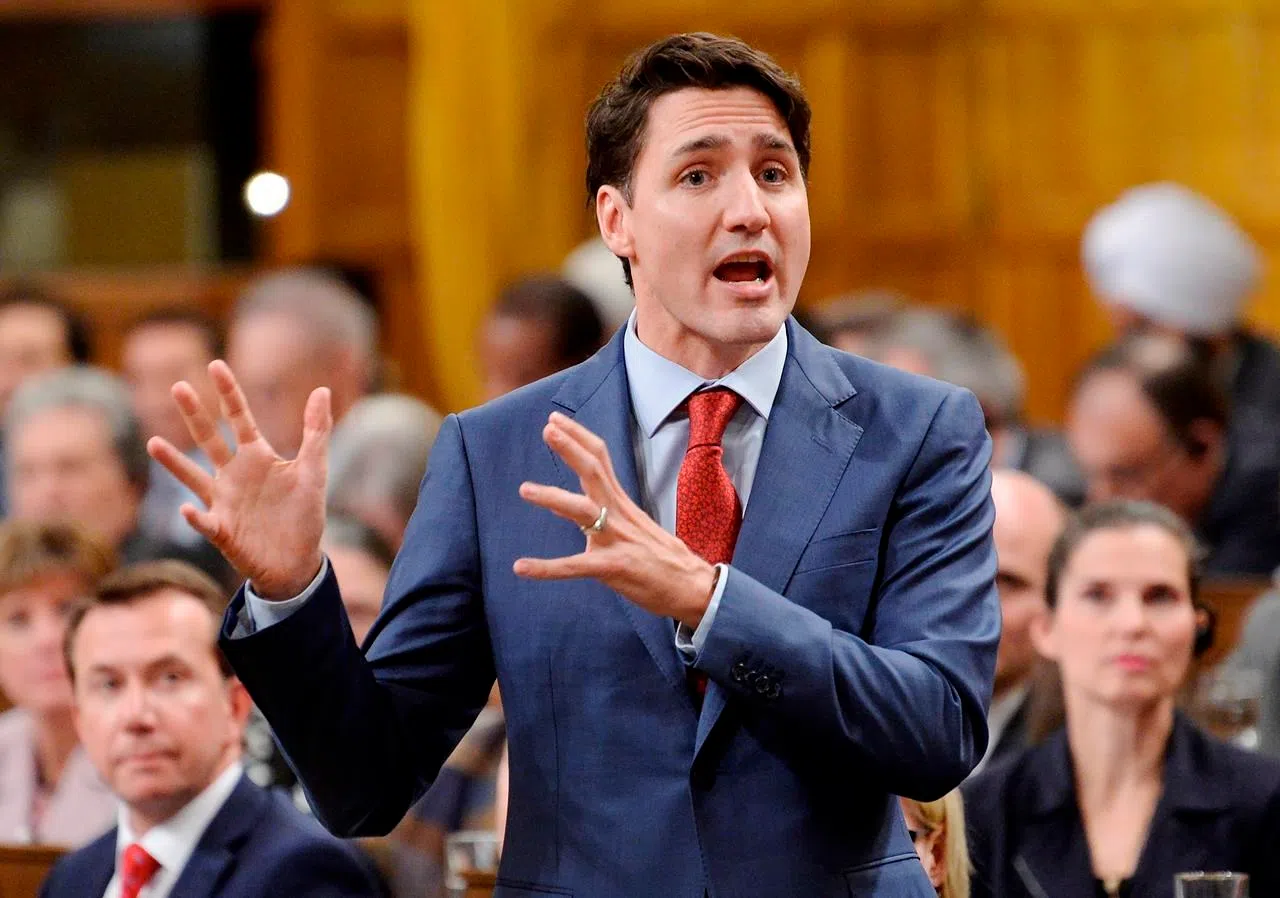
Canada’s robust credit rating should calm fears about federal deficits: Trudeau
OTTAWA — Canadians worried about federal deficits should look at the country’s strong standing with international credit-rating agencies for some reassurance, Prime Minister Justin Trudeau says.
In a wide-ranging interview, Trudeau said Canada’s triple-A rating with agencies like Moody’s Investors Service and Standard & Poor’s should provide comfort to taxpayers who fear his government has been accumulating too much debt.
Trudeau insisted Canada’s high rating scores mean experts have confidence in his government’s approach to the economy.
He made his argument as critics, and especially the Conservatives, warn Ottawa should be curbing deficit-spending in the stronger-than-expected economy.
